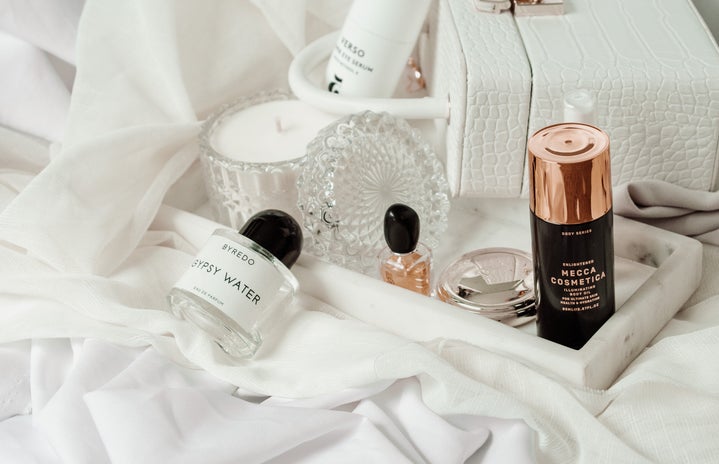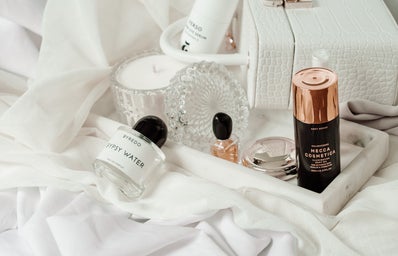Growing up, I always knew that I was somehow different than the other kids. Whenever we played princesses, there was always at least one other girl who said, “No you can’t play, you don’t look anything like a Disney princess!” At the time I didn’t understand. I had brown hair, and so did Princess Belle. I had darker skin than all of my friends, but Princess Jasmine had brown skin too. It wasn’t until I got older that I realized it was because I was fat, and a princess could never be fat.
According to Bloomberg.com, an estimated 67% of American women are considered plus sized. The CDC says the average American woman is a size 14-16. However, the media does not accurately reflect that. Out of 633 images of models in seven different magazines such as Cosmopolitan, Elle, Vogue and more, only 13 of the pictured models were plus sized — a mere 2%, according to TheTab.com. On top of the lack of representation, often times a size eight in the fashion industry is considered ‘plus sized’. Time and time again, these companies continually use women who don’t represent the majority of our country, because our society believes that thin equals beautiful.
I am a plus sized woman. I deserve to see myself represented in mainstream media. Most companies don’t sell clothing that fit me properly, and if they do, the clothes are expensive or exclusively sold online. When searching for plus size clothing, I often see women like Ashley Graham or Iskra Lawrence modeling the clothes, these women are both beautiful, but they don’t even come close to representing the full spectrum that is plus sized women.
The fashion industry’s lack of body size diversity causes extremely unrealistic beauty standards for American women. Women spend so much time worrying about how they need to change their bodies, obsessing over things such as the ‘beach-readiness’ of their body. Recently I overheard a conversation between two beautiful women, on Chapman’s campus. One asked the other if they were going to go to a pool party tomorrow, and the woman responded ‘Not unless I spend the entire night working out, my body is nowhere near bikini ready!” I wanted to pull her aside and tell her that every body is bikini ready, no matter it’s shape or size! Our bodies aren’t what need to be changed, it’s our perspectives.
But in order for those perspectives to change, the media we are surrounded by must change as well. Representation is important in that it changes our perceptions of what we deem to be possible, and that it changes our opinions of what we see as realistic. If body types like mine were shown in the media I watched as a kid, I would have known that anyone can be a Disney princess — because skinny does not equal beautiful, and fat does not equal ugly. Labels are only as strong as the power the media assigns them — and I hope that one day, a little girl like me can realize that being fat doesn’t mean you can’t be a princess, and it doesn’t mean you aren’t beautiful.

